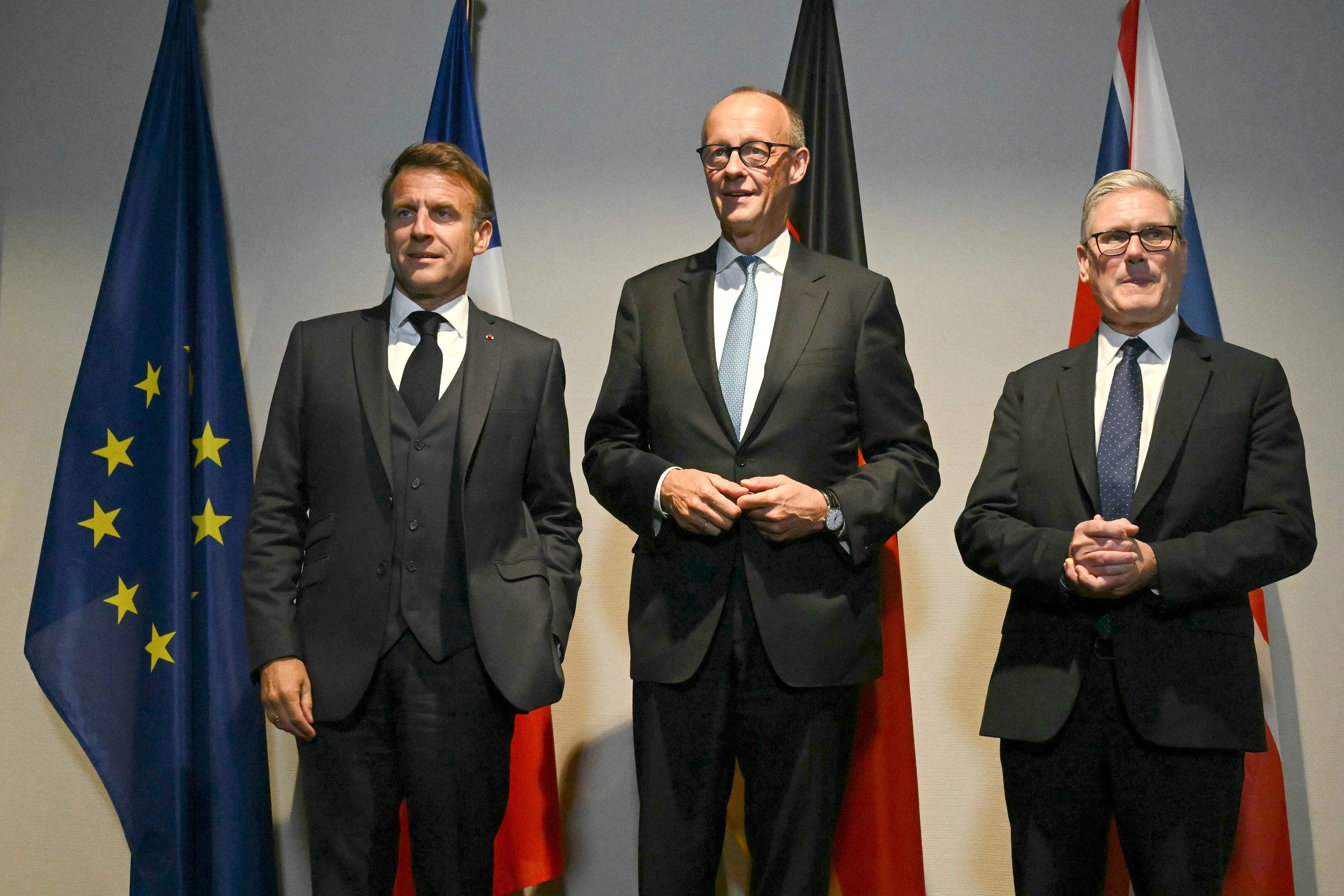Statements against Spain piled up. Almost every delegation asked had a very critical tone towards the Prime Minister, Pedro Sánchez, at the NATO summit held in The Hague (Netherlands) yesterday. The allies did not like his firm refusal to reach 5% of Gross Domestic Product (GDP) in Defense spending at all. Nor did they approve of the agreement that the Prime Minister announced on Sunday, granting him his own military spending path, which was rejected by NATO Secretary-General, Mark Rutte, just a few hours later. And the Spanish position was even more questioned as Germany, France, and the United Kingdom successively embraced the goal of allocating five points of their Gross Domestic Product (GDP) to the military sector.
From Poland, it was bluntly pointed out that Spain's position is "a bad example" within NATO. The Prime Minister of Denmark stated that it is "not fair" to try to have a separate bilateral agreement. This is something that many diplomats have been pointing out for some time, especially those from countries closer to Russia and, therefore, a possible attack by Vladimir Putin. But yesterday, it was clearly stated in public by Mette Frederiksen, a social democrat like Sánchez.
"Many countries are not happy with Spain," a diplomatic source told this newspaper when asked about the prevailing sentiment within the North Atlantic Treaty Organization. The negative headlines, news, and editorials in the international press continue to pile up, and Politico, a media outlet that the Government favors and has received good treatment from in the past, called Sánchez a "villain" and "outcast" on Tuesday. Very harsh. Everything in the international arena is crumbling around the Government.
There are also, of course, the successive attacks from the President of the United States, Donald Trump, defining Spain's situation as a "problem" for the Alliance. And the fact that Germany, the United Kingdom, and France are moving towards the 5%.
The German Chancellor, Friedrich Merz, and the President of France, Emmanuel Macron, signed a joint article in the Financial Times yesterday stating that both countries are currently at 2% but will go "further." "The ultimate goal is to reach 3.5% in hard Defense spending and 1.5% in broader expenses contributing to defense efforts. This will be our way to strengthen the European pillar of NATO," they pointed out.
Rutte even added during the first press conference of the day that Germany aims to reach that figure by 2029. "They will double their defense spending between 2021 and 2029. That is, they will go from approximately 70 billion euros of investment to about 150 billion," he explained, while celebrating that the leading European power will join Norway, Sweden, Poland, Estonia, and Latvia.
A few hours earlier, the United Kingdom announced that Prime Minister Keir Starmer had "committed to allocating 5% of GDP to national security" by 2035. "This is an opportunity to deepen our commitment to NATO and further promote investment in national security and resilience," he added.
A misleading approach
However, none of this made Spain reconsider its position. The Government maintains that it will only invest 2.1% of GDP and nothing more, arguing that increasing military spending to 5% would require a titanic effort that would necessitate tax hikes and budget cuts.
But this reasoning is based on a point that is not true, as NATO does not demand that Spain raise its expenditure from 2.1% to 5%. What the Alliance wants is for countries to increase hard spending to 3.5% of GDP, and for the remaining additional 1.5%, linked to elements such as maintaining critical infrastructure or cybersecurity, the Organization will provide many facilities.
NATO sources affirm that Spain will have no problem reaching that figure. But this does not suit the Government's political and national narrative. Consequently, the country has been left almost alone, with only Belgium and Slovakia hinting at following the path set. The latter country, by the way, is governed by the pro-Russian nationalist Robert Fico.
